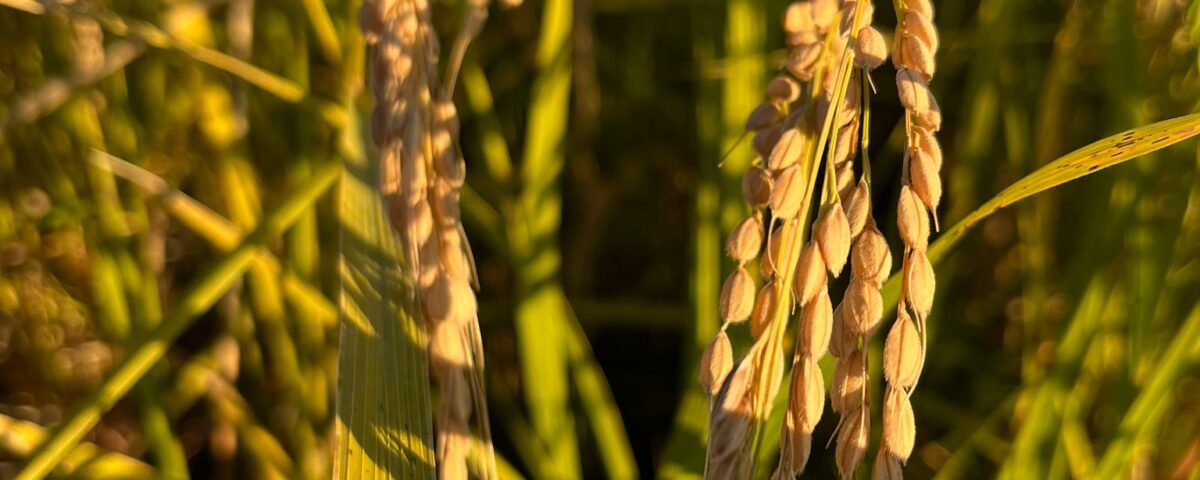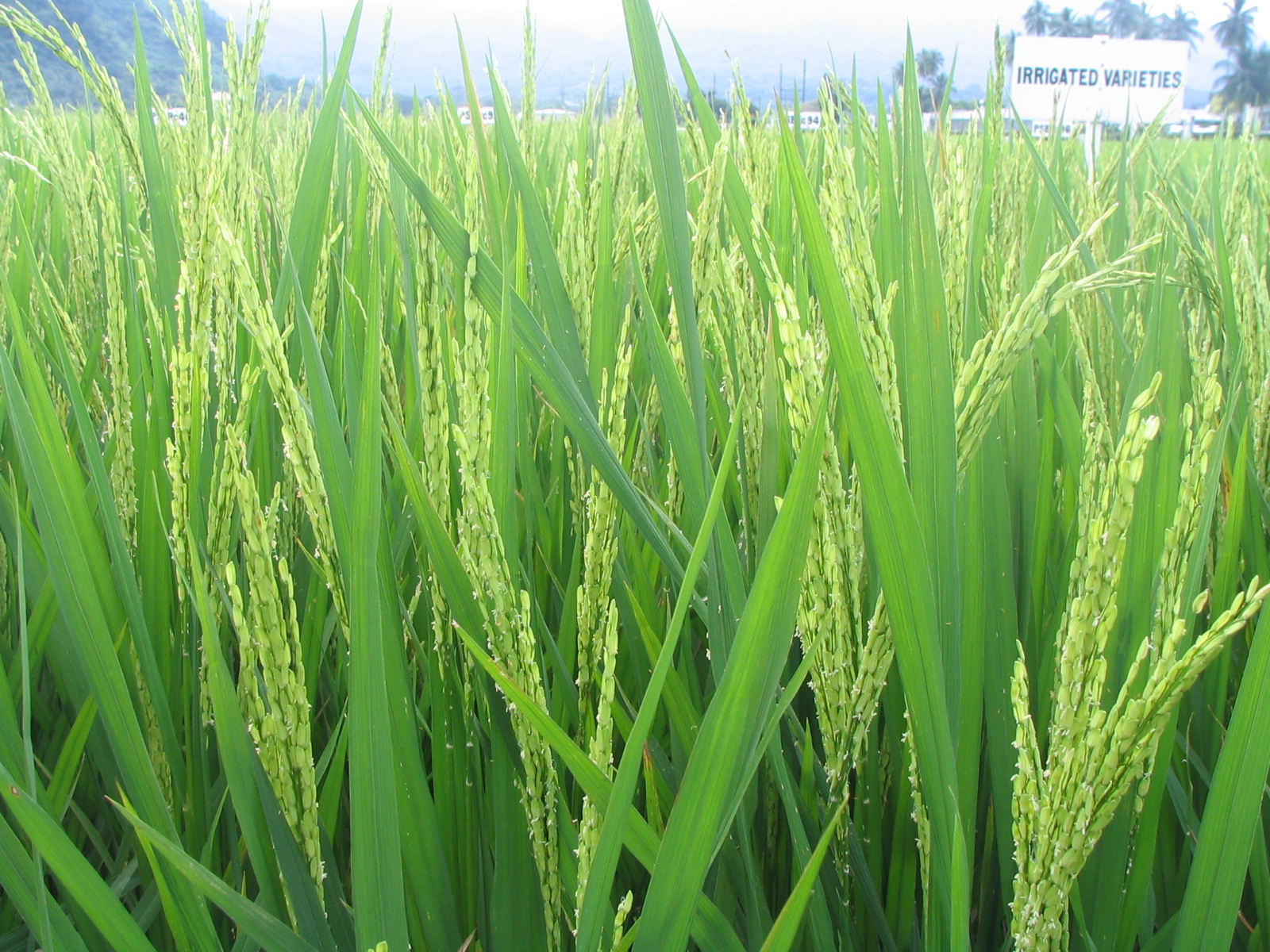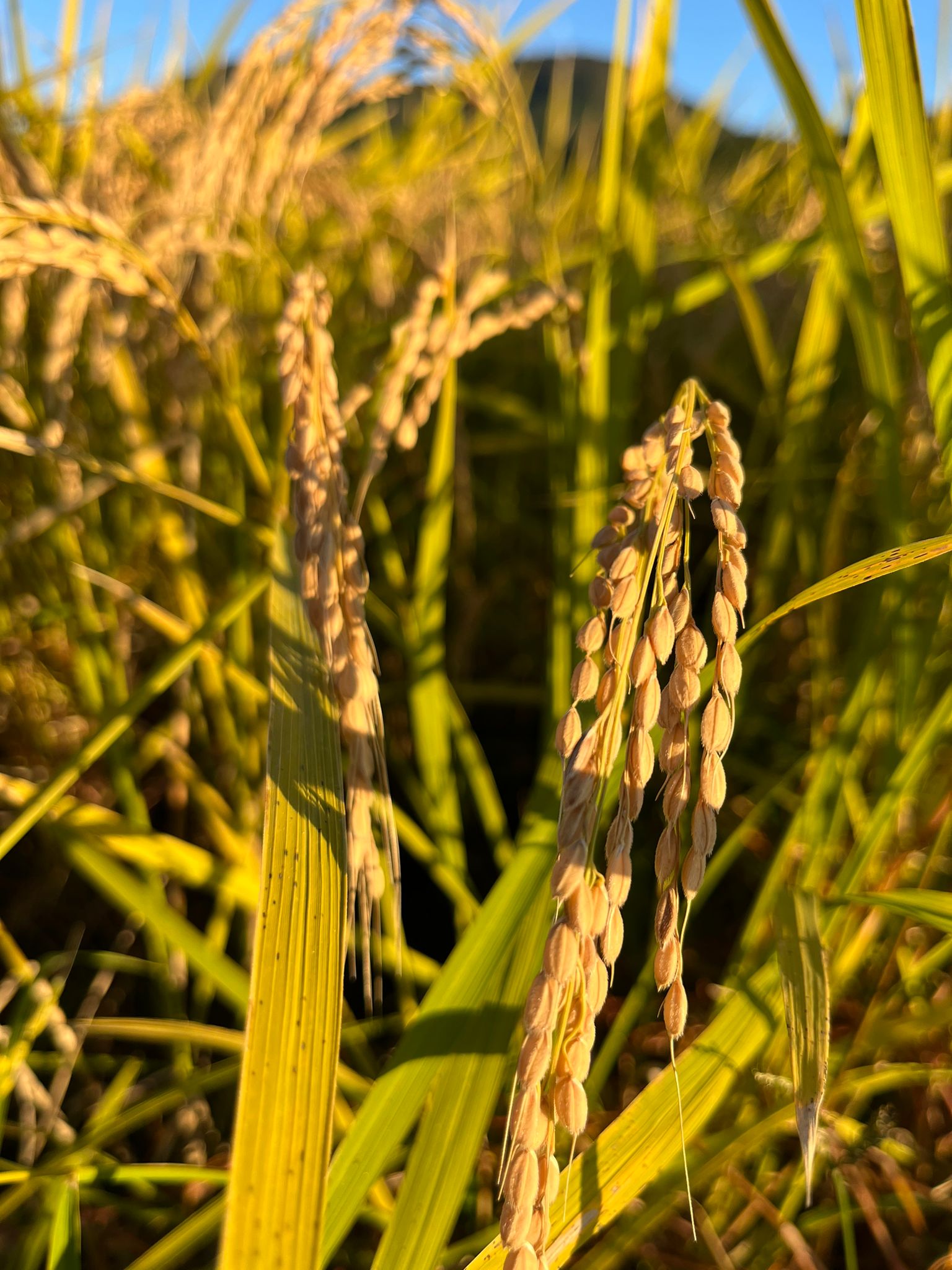
Rice Development in Ivory Coast
Objective
To design and implement a comprehensive national rice production improvement scheme for Ivory Coast, aimed at reducing import dependency, improving local productivity, and ensuring sustainable rice supply. The initiative targets the establishment of six Excellence Centers to serve 100,000 hectares of rice cultivation.
Vision
To position Ivory Coast as a self-sufficient and competitive rice-producing nation by developing an integrated system that combines seed production, input supply, mechanized cultivation services, and agricultural extension. The goal is to create a scalable, sustainable model that supports farmers while enhancing national food security.
Challenges
- Dominance of rice imports, creating a dependency on external supply chains.
- Low productivity of existing rice farming systems due to limited access to quality seed, modern inputs, and mechanized services.
- Fragmented farmer support systems with inadequate technical extension and market linkages.
Planning Process
JSpenser adopted a structured, participatory approach:
- Conducting a comprehensive site survey across targeted rice-producing regions.
- Engaging local stakeholders—including farmers, cooperatives, input suppliers, and government agencies—through interviews to capture intentions, needs, and long-term visions.
- Mapping production constraints and opportunities, focusing on infrastructure, seed systems, mechanization, and market dynamics.
- Designing the Excellence Centers model, integrating seed production, input supply, cultivation services, and farmer training into a coordinated framework.
Solutions & Outcomes
The feasibility study and business plan established a practical, phased approach to develop the rice sector:
- Six Excellence Centers strategically located to provide high-quality seed, inputs, mechanized cultivation, and extension services for 100,000 hectares.
- Integrated farmer support programs aimed at increasing yields, improving crop quality, and ensuring adoption of modern agronomic practices.
- Import substitution strategy that progressively reduces dependency on foreign rice while enhancing local market competitiveness.
This initiative lays the groundwork for Ivory Coast’s transformation into a strong, self-reliant rice producer, advancing national food security and economic resilience.


